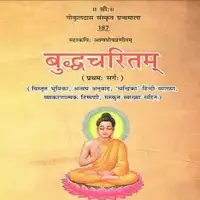
Latest Version
February 08, 2023
Ramakrishna-Vivekanada Center of New York
Biography
English
26
Free
Report a Problem
More About स्वामी विवेकानन्द की जीवनी - Swami Vivekananda biography PDF Free PDF Download
It was the day of the great Hindu festival Makarasamkranti, when special worship is offered to the Ganges by millions of devotees.
Thus the future Vivekananda first drew breath when the air above the sacred river not far from the house was reverberating with the prayers, worship, and religious music of thousands of Hindu men and women. While Vivekananda was still in his mother’s womb, she, like many other pious Hindu mothers, had observed religious vows, fasted, and prayed so that she might be blessed with a son who would do honour to the family.
She requested a relative who was living in Benares to offer special worship to the Vireswara Siva of that holy place and seek His blessings; for Siva, the great god of renunciation, dominated her thought. One night she dreamt that this supreme Deity aroused Himself from His meditation and agreed to be born as her son. When she woke she was filled with joy. The mother, Bhuvaneswari Devi, accepted the child as a boon from Vireswara Siva and named him Vireswara. The family, however, gave him the name of Narendranath Datta, calling him, for short, Narendra, or more endearingly, Naren.
Rate the PDF
User Reviews
Popular PDFs

![सूर्य पञ्चाङ २०८१ - Surya Panchanga 2081 (Nepali Patro) [PDF]](https://upayogibooks.com/images/1707273528.webp)
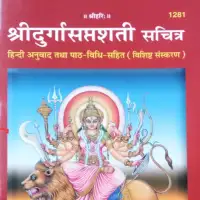
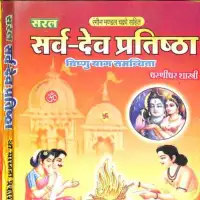
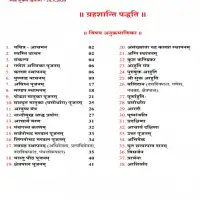

![वृहत् कर्मकाण्ड पद्धति - Vrihat Karmakanda Paddhati [PDF]](https://upayogibooks.com/images/1716396149.webp)

![दुर्गा सप्तसती हवन विधि - Durga saptasati havana vidhi [PDF]](https://upayogibooks.com/images/1702836557.webp)
![दीपावली पूजन विधि - Dipawali pujan vidhi [PDF]](https://upayogibooks.com/images/1699733648.webp)
Editor's Choice

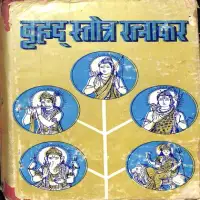
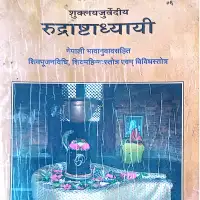


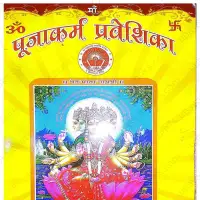
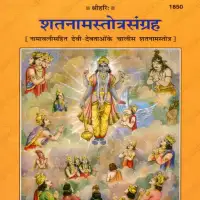
![गरुडपुराण सारोद्धार - Garuda Purana saroddhar Gita Press [PDF]](https://upayogibooks.com/images/1721869076.webp)
![साङ्ग सप्ताह मण्डप पुजा विधि - Sanga Saptaha Mandapa Puja Vidhi [PDF]](https://upayogibooks.com/images/1716489738.webp)
![अर्थ पञ्चक नेपाली भाषानुवाद - Artha Panchaka Nepali Translation [PDF]](https://upayogibooks.com/images/1716398011.webp)

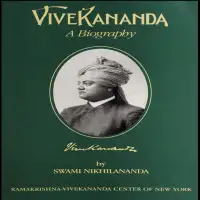

![चाणक्य की जीवनी - Chanakya biography [PDF]](https://upayogibooks.com/images/1701690650.webp)
